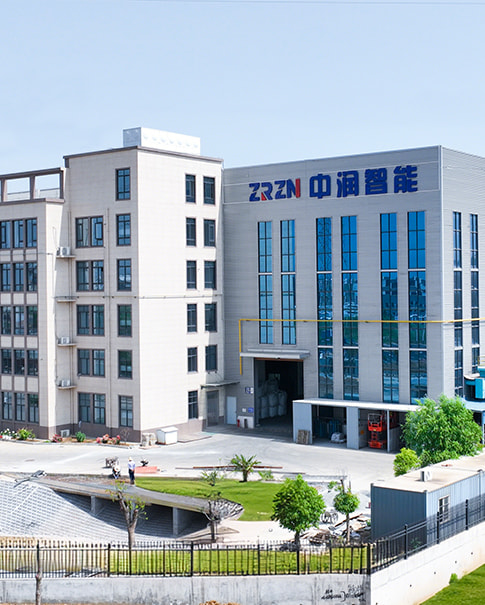What Are You Looking For?
What Are You Looking For?

1. Plant-Based Binders Cut Foundry Emissions 40%
*"Novel bio-binders degrade in 90 days versus traditional chemical alternatives" – Sustainable Manufacturing Review, August 2025*
Leading foundries are adopting biodegradable molding systems that rep ace petroleum-based binders with plant-derived alternatives. This breakthrough addresses both environmental concerns and production efficiency:
✅ 40% lower VOC emissions during pouring processes
✅ 83% mold degradation within 12 weeks in standard conditions
✅ Improved casting surface finish (Ra ≤ 6.3 μm)
2. Technical Innovation: How Bio-Binders Work
The technology leverages modified lignin from agricultural waste:
Enhanced thermal stability up to 1,450°C
Self-releasing properties reduce sticking defects
Compatible with existing sand casting equipment
"Our trials with aluminum alloy casting show 22% fewer surface defects compared to traditional phenolic urethane binders."
– Dr. Elena Rodriguez, Materials Innovation Group
3. 2025 Implementation Case Study
|
Metric |
Conventional Molds |
Bio-Molds |
|
Binder Cost/ton |
$280 |
$310 |
|
VOC Emissions |
18 kg/ton |
10.8 kg/ton |
|
Disposal Cost |
$120/ton |
$15/ton |
|
Casting Quality |
92% pass rate |
96% pass rate |
Data: European Foundry Association, Q3 2025 Sustainability Report
4. Transition Made Practical
Foundries can adopt gradually through:
Dual-system trials for non-critical components
Government subsidies available in 14 countries for green technology
Third-party verification ensuring performance parity
Lead the Green Transition
"Meet 2025 sustainability targets without compromising quality. Request our bio-mold sample kit for testing."
→ Get Sample Kit [Product Link]